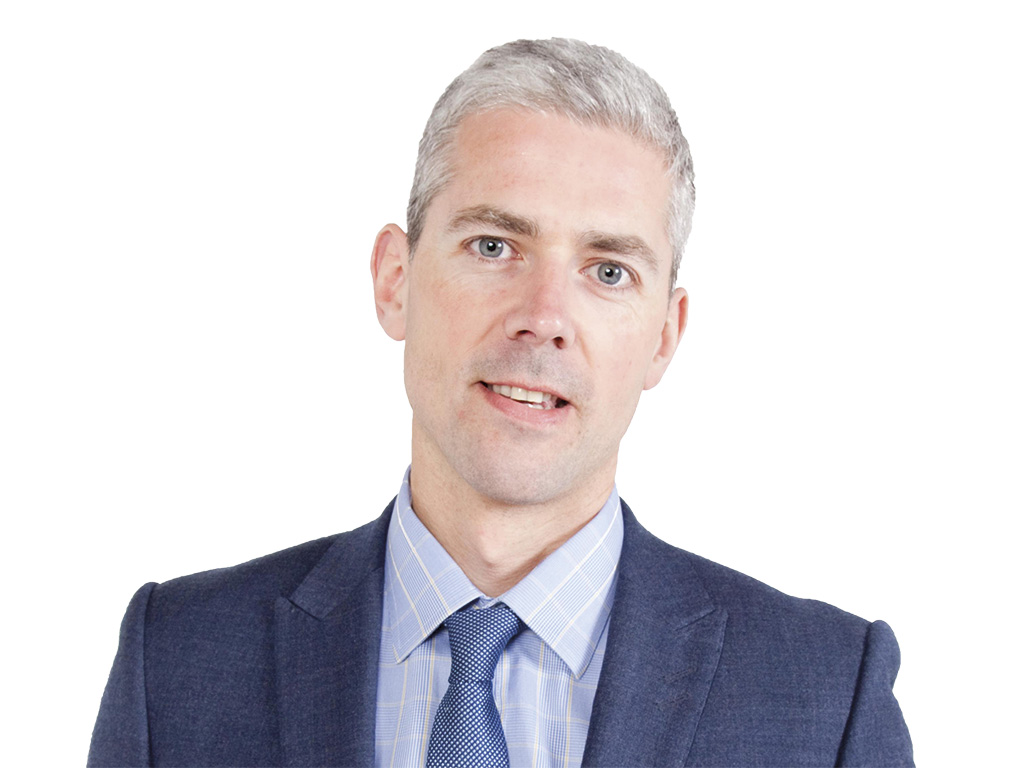Pension planning
Between deciding to retire and actually doing so can take up to two years, so careful consideration of the options is essential
Often for dentists, the most frustrating aspect of retirement is the ‘no-man’s-land’ that lies between making the decision to retire and putting the plan into action. Astonishingly, this can stretch to two years, especially where the sale of an NHS practice is involved. With this in mind, factors in the decision-making process should be considered as soon as possible. The key to things going smoothly is planning and preparation.
The timing of retirement has historically (and arbitrarily) been at the age of 60 – when earned income can be replaced by the NHS pension. However, in recent years, a far more flexible approach has been adopted, underpinned by the steady rise of goodwill values. I expect ‘flexible retirement’ is here to stay, especially now that the NHS retirement age is stretching ever further into the future (the state pension age is 68 for a newly qualified dentist). So what do I mean by flexible retirement and how in practice can this be achieved?
24-hour retirement
This means having your cake and eating it in relation to the NHS pension because you take your pension and continue to earn NHS or non-NHS income. There are some basic rules that surround this, such as the need to take a 24-hour break when your pension starts and not working more than 16 hours in the first month. As part of your practice sale agreement, you may intend (or have) to continue as an associate, albeit on a much-reduced output. Supplementing NHS pension income with continuing employed income is an excellent way of deferring drawing on other savings. Most associate agreements will only require a three-month notice period so no long-term commitment is required.
Earmarking practice sale proceeds
Your practice is probably worth more than you think. Goodwill values in Scotland have likely doubled in the last decade – perhaps more so, depending on location. The favourable capital gains tax exemption known as entrepreneur’s relief (ER) will apply to your business sale and to any related property sale. Care needs to be taken here if you intend to sell the property at a later date, as this may not qualify for ER. The effective rate on the gain is 10 per cent, a significant reduction on the prevailing capital gains tax applied to non-business assets. So, the higher value and lower tax bill might just enable you to earmark capital for ‘early’ retirement.
Understand your income and expenditure
Dentistry is undoubtedly a well-paid profession and you may be guilty of not knowing the minutiae of your monthly outgoings. Such details come into sharper focus when income is more finite. Establishing a true picture of likely retirement expenditure should involve more than a list of direct debits and include a realistic allowance for the expense associated with increased leisure time. However, you may also spend less than you initially think, especially when you strip out work-related costs such as insurances. Either way, working out a budget is important.
Position your pensions for ‘drawdown’
The chances are that you will have funded longer-term savings vehicles such as ISAs and/or personal pensions. The allowances for these have been relatively generous for many years and it is not uncommon for the overall pot to run into several £100,000s. How you take income from these needs some thought. Annuities, where you exchange your pension fund for a fixed income, are rarely the right method of taking pension income. Pension drawdown, where the income tap can be turned on and off as required, is a far more flexible approach. Most personal pension contracts don’t allow for drawdown, so you will need to take steps to transfer to the appropriate arrangement. Personal pensions also allow for 25 per cent of the fund to be withdrawn tax-free, but partial withdrawals are only facilitated through the correct plan.
Mitigate the Lifetime Allowance tax charge
Taking pension income (NHS or personal) triggers a test of the HMRC’s Lifetime Pension Allowance (LTA), a limit on the combined value of your pensions. If you don’t know how close your likely pension income is to this limit, don’t leave it to chance – find out in advance. Steps can be taken to reduce or entirely avoid an LTA charge – a tax for exceeding the limit. HMRC has transitional protection rules for the LTA, but they are relatively complex, especially where the NHS pension is concerned. I strongly advise seeking professional advice from someone familiar with these complexities.
Never too soon to start
It’s never too early to plan for retirement. Decisions taken early, together with a constantly developing action plan, will help you get the most from your post-dentistry years. To help dentists consider all the issues relating to retirement, PFM Dental has run retirement planning seminars for a number of years. There is one in Edinburgh on 19 October (2pm-5pm). For details visit bit.ly/PFMretire
About the author
Jon Drysdale is an independent financial adviser for chartered financial planners, PFM Dental, which has offices in Edinburgh and York. Visit www.pfmdental.co.uk for more information.

Comments are closed here.